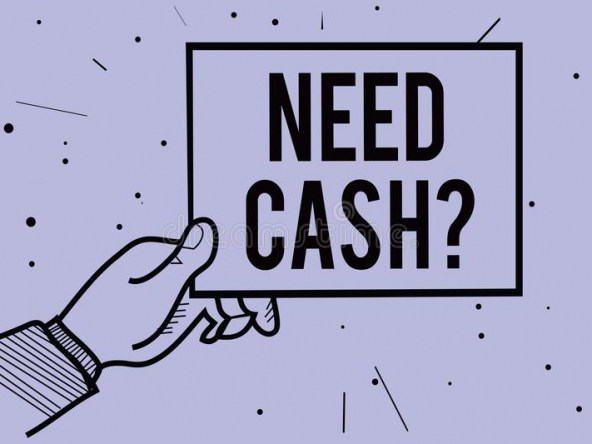Start with Confidence
Doing research on how to buy a home is itself an investment – in time. On the one hand are the shelves of books on the subject – helpful, yet sometimes tedious in their detail. On the other hand are specialty Web sites with short, sharp home-buying tips that sacrifice depth and introduce pop-up invitations to apply for mortgages, credit reports, or real estate listings. Even the most hardened researcher can have a tough time telling the forest from the trees. If you are gearing up to buy a house, you may need at least one self-help guide, if only as an anti-jargon dictionary that will help you tell your ARM from your JUMBO.
The professionals are gung-ho to entice you into the real estate world. The government offers big tax incentives; banks compete to loan out massive mortgages while realtors woo from here to eternity to get new clients.
What most buyers, especially first-timers, do not realize, is that they are doing the government, the banks, the Realtors, the construction industry, and the overall economy a favor. If owning a home seems synonymous with the American Dream, it could be because fencing solid citizens inside a white picket mortgage for 30 years is very good for business. Apart from feeding the earnings of bankers, builders, Realtors, inspectors, lawyers, and insurers, a new homeowner usually forks out lavish amounts on furnishings, appliances, home decorating, gardening, and a whole slew of ancillary products that bolster the local economy.
Take a deep breath
“If there’s one thing I could have changed about our home-buying experience, it would be my own attitude,” says Paul Hardiman, who with his wife Katrina Connolly purchased a first home last year. “We were so anxious about the process itself, getting the down-payment, finding a mortgage broker and then a realtor and so on, that we never truly realized these people were working for us, and not the other way around. Had I stopped to think about it at the time, I would have demanded a lot better service.”
“It’s not so much that we were taken advantage of,” said Connolly, “but we probably would have gotten more house and better service for our money had we been more assertive. But we were overwhelmed. After months of looking around we saw there was a squeeze in our price range and that affected our judgment. The brokers, Realtors – everyone we dealt with were all upbeat and kind of hurried, like if we slowed for a second we’d lose something. That damaged us in the negotiations.”
Flex your consumer muscle
John Adams, a broker, investor and author on real estate, agrees that “in the world of real estate sales, you are the most important person in the entire process. It’s easy to think everyone else carries more weight than you. The seller owns the house and has all the money. The agent talks fast and has an answer for everything. The lender may decline your loan application, and on and on. But the truth is that you, the buyer, are the one person in this transaction who makes it all happen. If you decide to not buy, the entire process comes to a grinding halt.”
Adams urges buyers to flex their consumer muscle by doing basic research to ensure they understand everything that is happening around them. “Just because we don’t apply for a 30-year mortgage once a week doesn’t mean we have to take the first one that comes along,” he said. Adams advises buyers learn new terms, apply new concepts, and take the time to understand what you’re getting into. And when something happens that doesn’t make sense, demand a full and complete explanation from the professionals working on your behalf, he said.
“If you plan from the beginning to approach the home buying process intelligently and with confidence,” Adams said, “you are more likely to emerge at the end of the day with a house you’ll be proud to call home, and the knowledge that you made the right decision.”
For More Details Fill out the form on Contact Page.




